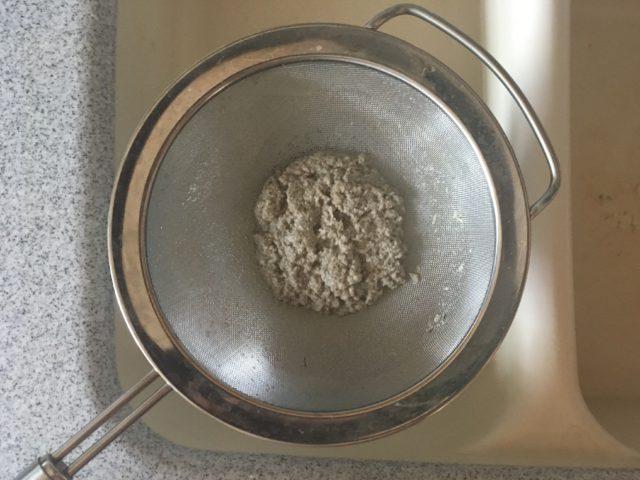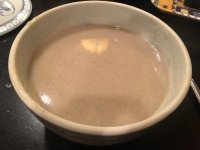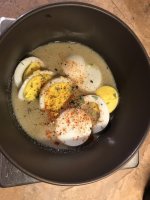theLaw
Member
- Joined
- Mar 7, 2017
- Messages
- 1,403
Update: I emailed Peat about the potato juice preparation, and he said that the juice can be cooked right after juicing as opposed to waiting for the extra starch to settle.
He specifically said that the cooked sediments "aren’t harmful", so the juice preparation above is incorrect as it removes valuable "egg-like" solids containing valuable keto-acids.

Personally, I still let it settle before cooking just to be safe, but I assume that small amount of starch after being cooked is pretty harmless. The quality of your juicer also probably plays a role in how much starch is left.
He specifically said that the cooked sediments "aren’t harmful", so the juice preparation above is incorrect as it removes valuable "egg-like" solids containing valuable keto-acids.

Personally, I still let it settle before cooking just to be safe, but I assume that small amount of starch after being cooked is pretty harmless. The quality of your juicer also probably plays a role in how much starch is left.
Last edited:



